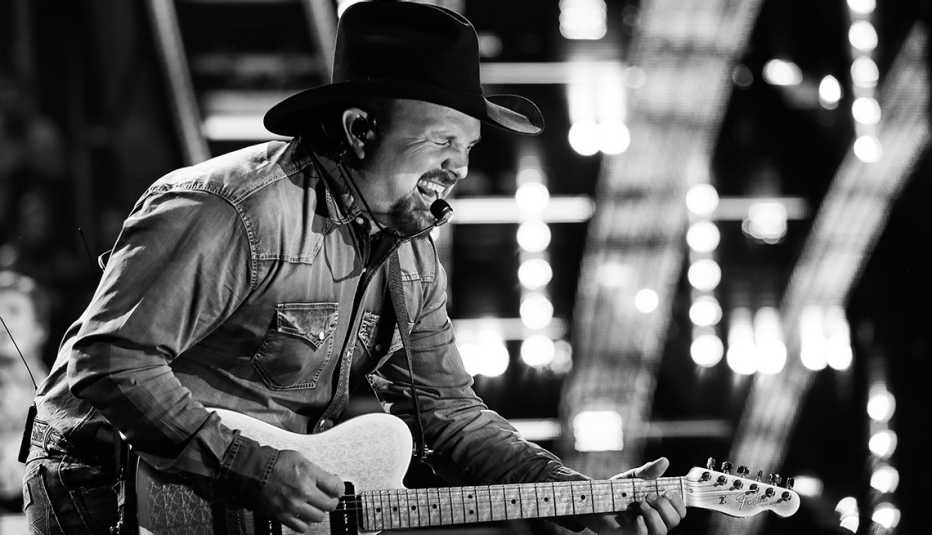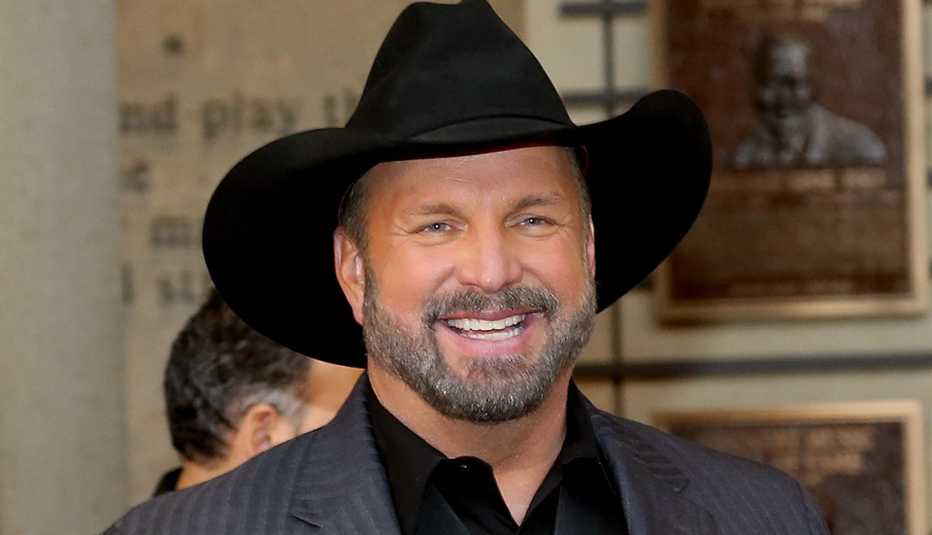Staying Fit


Garth Brooks’ new box set, Legacy, has been touted as a vinyl survey of his hot-selling, arena-filling songs.
But his musical legacy can also be expressed in numbers. In tour attendance and record sales, the country singer has eclipsed superstars in every genre, all while defying music industry trends and traditions.


AARP Membership— $12 for your first year when you sign up for Automatic Renewal
Get instant access to members-only products and hundreds of discounts, a free second membership, and a subscription to AARP the Magazine.
Legacy: The Vinyl Collection — a box set holding five releases on seven LPs (No Fences, The Chase, In Pieces, Fresh Horses and the three-disc Triple Live), plus seven remastered CDs of the same titles with bonus tracks — has already broken sales records in preorders before its Nov. 1 release. In early May, 142,000 units were sold in a preorder window, translating to 994,000 vinyl discs. That crushed a record set in April, when robust Record Store Day purchases pushed one-week sales of all vinyl to 827,000 copies, the third highest weekly total since vinyl's resurgence in the 2000s, according to Nielsen.
It's another fat number on a mountain of dizzying statistics that have been piling up since Brooks’ 1990 release, No Fences, topped Billboard's country albums chart and crossed over to Billboard's pop albums chart for a 126-week run in the Top 40.
While some of his colleagues may be flashier and hipper, crafting playlists on Spotify, Brooks outperforms them by shunning penny-paycheck streaming for Walmart deals and hawking his music on the online network Talk Shop Live.
His popularity surged in the ‘90s as he released hit after hit, including Ropin’ the Wind — the first country album to ever enter the pop albums chart at number 1, where it stayed for 18 weeks. Then, at the peak of his powers, he announced his retirement on Oct. 26, 2000, the same day Capitol Records celebrated his U.S. sales milestone of 100 million albums.


































































More on entertainment
Martin Short and Steve Martin’s Greatest Collaborations
Watch their funniest scenes from 'SNL' to 'Only Murders in the Building'